
Hans Georg Nenning (born 20 February 1946) is an Austrian actor, author and director.

Hans Georg Nenning (born 20 February 1946) is an Austrian actor, author and director.
Born in Graz on 20 February 1946, he grew up in a well-situated family with an academic background. His father Dr. Hans Weingraber was a medical doctor, his mother Edith née Kainer a psychology student. During her second marriage to the journalist Günther Nenning, the name was changed to Hans Georg Nenning. In 1959, Hans Georg Nenning moved with his parents to Vienna. After secondary school and doing military service he decided to become an actor. He studied at the Max Reinhardt Seminar in Vienna and made his debut on the stage of the Burgtheater. Theatre Engagements in “Die Komödianten”, [1] Stadttheater Ulm, Volkstheater, Theater in der Josefstadt, Stadttheater Salzburg have come next.
Nenning appears in numerous film and television productions. [2] For the European television production ”EUROCOPS” he wrote the episode "Transit to Death" and played one of the leads therein . He was also acting in the US serial ”BAND OF BROTHERS”, part nine: ”Why We Fight”, [3] directed by David Frankel and produced by Tom Hanks and Steven Spielberg for HBO. In 2007 he made his directorial debut, and shot in Paris his first Short “DUSK”. [4] In 2011, Hans Georg Nenning also became a novelist, publishing the collection BEYOND THE LIGHT – Reports from the Future. [5] In 2014, he published the end-time thriller FADING AWAY, [6] in 2015 the novel FROZEN LIGHT, [7] in 2017 the science fiction novel CASCADE - The Mission [8] and in 2018 the novel CASCADE - Dormir [9]
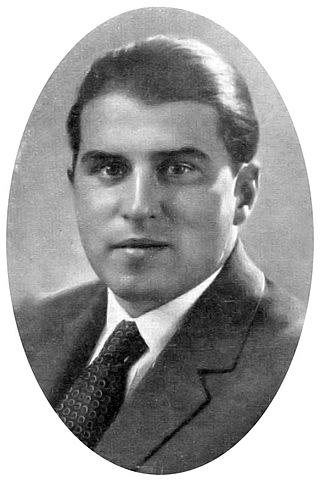
Carl Zuckmayer was a German writer and playwright. His older brother was the pedagogue, composer, conductor, and pianist Eduard Zuckmayer.
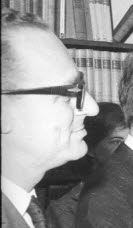
Michael Andreas Gielen was an Austrian conductor and composer known for promoting contemporary music in opera and concert. Principally active in Europe, his performances are characterized by precision and vivacity, aiding his ability to interpret the complex contemporary music he specialized in.

Alexander Lernet-Holenia was an Austrian poet, novelist, dramaturgist and writer of screenplays and historical studies who produced a heterogeneous literary opus that included poetry, psychological novels describing the intrusion of otherworldly or unreal experiences into reality, and recreational films. He was born and died in Vienna.

Johannes Mario Simmel, also known as J. M. Simmel, was an Austrian writer.
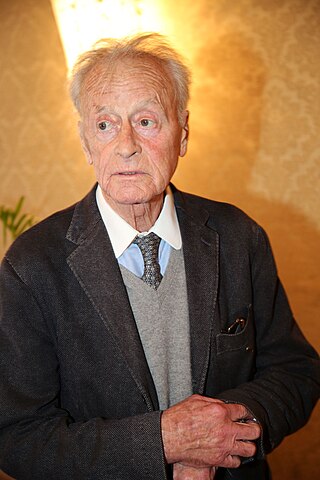
Helmuth Lohner was an Austrian actor, theatre director, and from 1997 to 2006 director of the Theater in der Josefstadt.

Spione is a 1928 German silent espionage thriller directed by Fritz Lang and co-written with his wife, Thea von Harbou, who also wrote a novel of the same name, published a year later. The film was Lang's penultimate silent film and the first for his own production company; Fritz Lang-Film GmbH. As in Lang's Mabuse films, Dr. Mabuse: The Gambler (1922) and The Testament of Dr. Mabuse (1933), Rudolf Klein-Rogge plays a master criminal aiming for world domination.
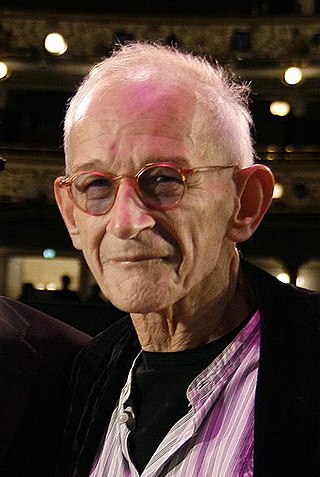
Gert Friedrich Jonke was an Austrian poet, playwright and novelist.

Jaume Balagueró Bernat is a Spanish film director and screenwriter known for his horror films, most notably the acclaimed REC series.

Georg Friedrich Haas is an Austrian composer. In a 2017 Classic Voice poll of the greatest works of art music since 2000, pieces by Haas received the most votes (49), and his composition in vain (2000) topped the list.
Hans Emil Thimig, pseudonym: Hans Werner was an Austrian actor, film director, and stage director.
Julius von Borsody was an Austrian film architect and one of the most employed set designers in the Austrian and German cinemas of the late silent and early sound film periods. His younger brother, Eduard von Borsody, was a film director in Austria and Germany. He is also the great-uncle of German actress Suzanne von Borsody.
Georg Tressler was a Vienna-born German film actor and film director. Also known as George Tressler, Hans Tressler, Hans Dressler, Hans Georg Keil and Hans Sternbeck.
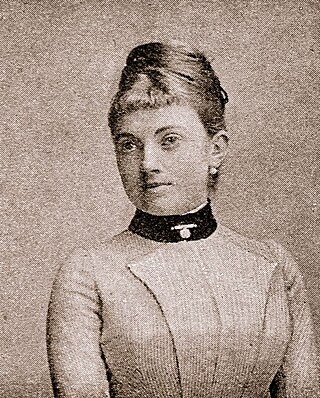
Maria Stona; Marie Scholz; born Stonawski (1859–1944) was a writer and poet born in a part of Austria-Hungary that later became Czechoslovakian. Her daughter was the sculptor Helen Zelezny-Scholz.
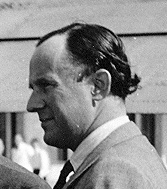
Axel Eugen Alexander von Oesterreich, better known as Axel von Ambesser, was a German playwright, actor and film director.

Paul Hörbiger was an Austrian theatre and film actor.
Alois Melichar was an Austrian composer, conductor, arranger, and music critic. He was a student of Joseph Marx at the Vienna Academy of Music, then of Franz Schreker at the Hochschule für Musik in Berlin, but later became increasingly culturally conservative.
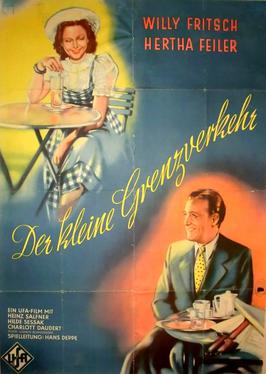
A Salzburg Comedy or Little Border Traffic is a 1943 German comedy film directed by Hans Deppe and starring Willy Fritsch, Hertha Feiler and Heinz Salfner. Erich Kästner wrote the screenplay based on one of his own novels. As he had been blacklisted by the Nazi Party he used the pseudonym Berhold Bürger. The novel was again adapted for the 1957 film Salzburg Stories.
Peter Janssens was a German musician and composer who wrote and performed incidental music for several theatres, and songs and musicals of the genre Neues Geistliches Lied, a pioneer of Sacropop. He worked at a German theatre in Buenos Aires, set several works by Ernesto Cardenal to music and composed in 1992 a passion music, in memory of 500 years after the European invasion in Latin America.
Rudolf Österreicher, also Rudolf Oesterreicher, was an Austrian writer, librettist, comedy author, author of cabaret texts and biographer. From 1945 to 1947 he was director of the Wiener Stadttheater.

Gerhard Klingenberg was an Austrian actor and stage director, and theatre manager. He was also involved in television productions as an actor, director, and scriptwriter. He was Intendant of the Burgtheater in Vienna from 1971 to 1976, and then of the Schauspielhaus Zürich from 1977 to 1982.
{{cite web}}: CS1 maint: archived copy as title (link)